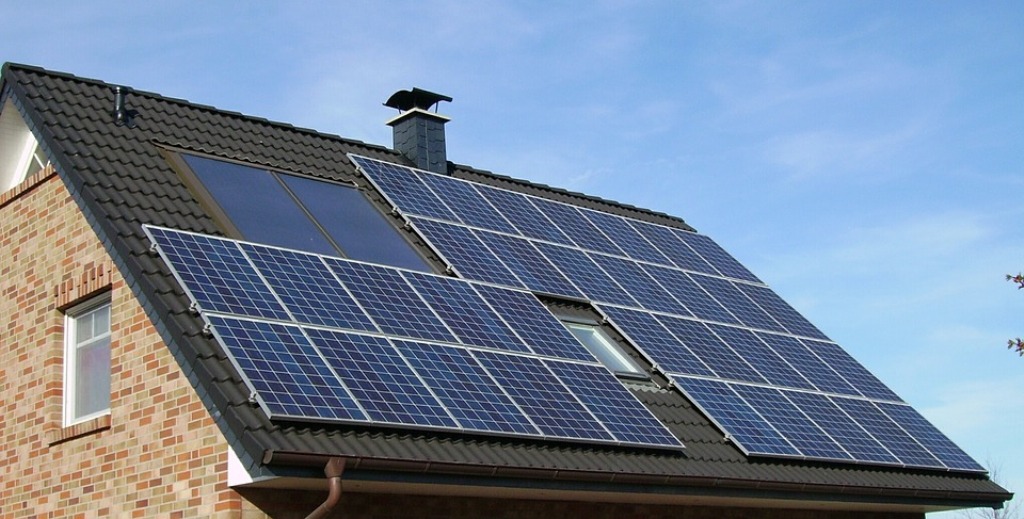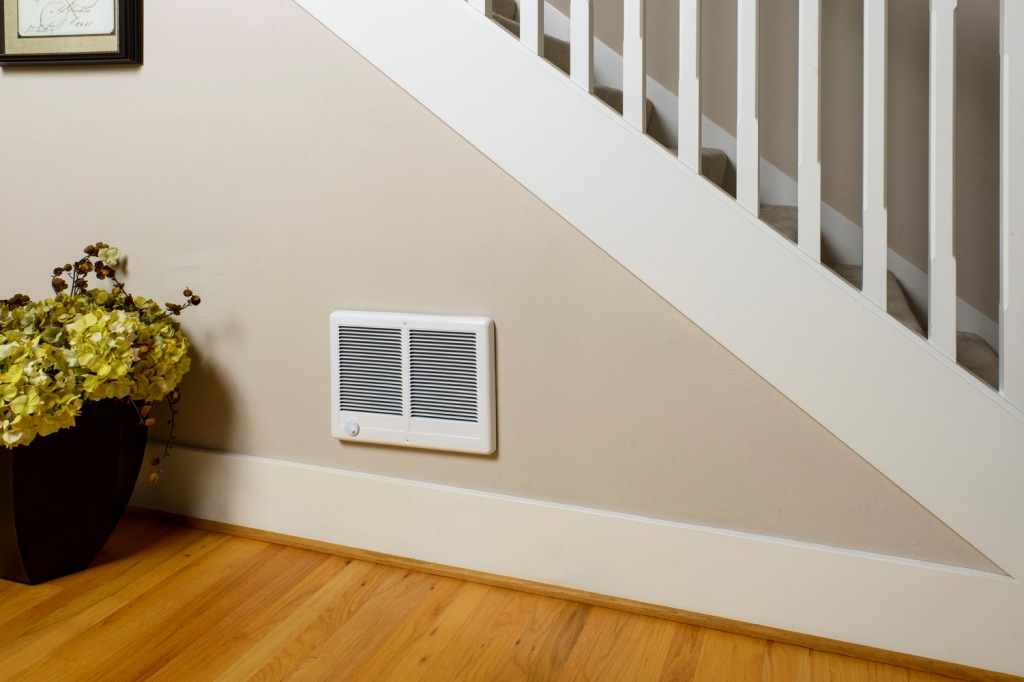Environmental efficiency and sustainability have been a hot button topic in recent years. There have been many overarching policy suggestions, but nothing has been too effective yet. While policymakers argue to determine what the next course of action is, we can take action in our own homes. Finding an efficient and sustainable heating source this winter will not only help the environment by using less power and resources but will also help you save money. So what exactly are these efficient heating sources? Here’s how you can stay warm this winter with efficient home heating services.
Solar Heat
Solar heat can be an extremely efficient way of heating your home, but it may be tricky getting everything installed. Your entire house has to be able to let heat in and then store it for later use. This is done through increased insulation and circulation. Once complete, your home should almost be completely self-sufficient when it comes to heating. However, you may struggle during long cold winters where there is little sunlight to absorb.

Wood Heat
Wood heat is a classic heating option that is still relatively cost-efficient even today. Firewood is relatively cheap and shouldn’t be too big of a hassle to acquire. You could also harvest it from your own property with a little bit of work, meaning your heating supply would be free. The only real considerable cost comes from building a fireplace, but most homes already have fireplaces preinstalled in them. Despite being efficient when it comes to your wallet, wood heat isn’t the most efficient when it comes to sustainability. Trees take a long time to grow back, and if everyone used wood heat, then deforestation would be rampant. Finally, you may have some trouble getting heat from burning wood to spread to other rooms in your house. As such, burning wood is an option probably best suited towards small homes. That being said, if you want a cheap and relatively efficient way to heat your home, then wood heat is a great option.
Oil Heat
Oil heat is one of the most common methods of heating in the U.S. However, it is declining in popularity. New and innovative heating methods are being invented, and oil has struggled to keep up in terms of efficiency. Oil prices also dip and spike, meaning that at certain times oil can be much more expensive than alternative heating options. In addition, there is the issue of storage. Oil heating requires a large storage unit that needs to be continuously refilled. In addition to being a hassle, this storage unit can also be a significant hazard. Accidents have been known to happen around oil storage units, making them potentially dangerous. This can be a major drawback of oil heating, as an accident could mean a loss of money and potential injury.
Electric Heat

Electricity can be an effective heating source, but it isn’t always the most efficient. Unfortunately, due to a wasteful process, much of the energy generated by electricity is useless. Electric heating is exceptionally inefficient when heating large areas, but it can save you some money when used for small spaces. If you’re only using specific rooms in your house with a small area to heat, electric heaters may be the way to go. Electric heaters aren’t that expensive and aren’t that big of a commitment for one room, making it perfect for smaller heating projects.
Heat Pump
Heat pumps are one of the more interesting ways to heat your home. Heat pumps extract warmth from the outside air and pump it into your home. As a result, heat pumps are much more effective in warmer climates than they are in colder climates. If you can get a heat pump to work effectively, then it is probably one of the most efficient heating methods out there. The problem is that for it to work, you have to have decent weather. As a result, you may find yourself having to use a secondary heating source to heat your home. However, if you can get a heat pump to work effectively, then you can heat your home extremely efficiently with it.






